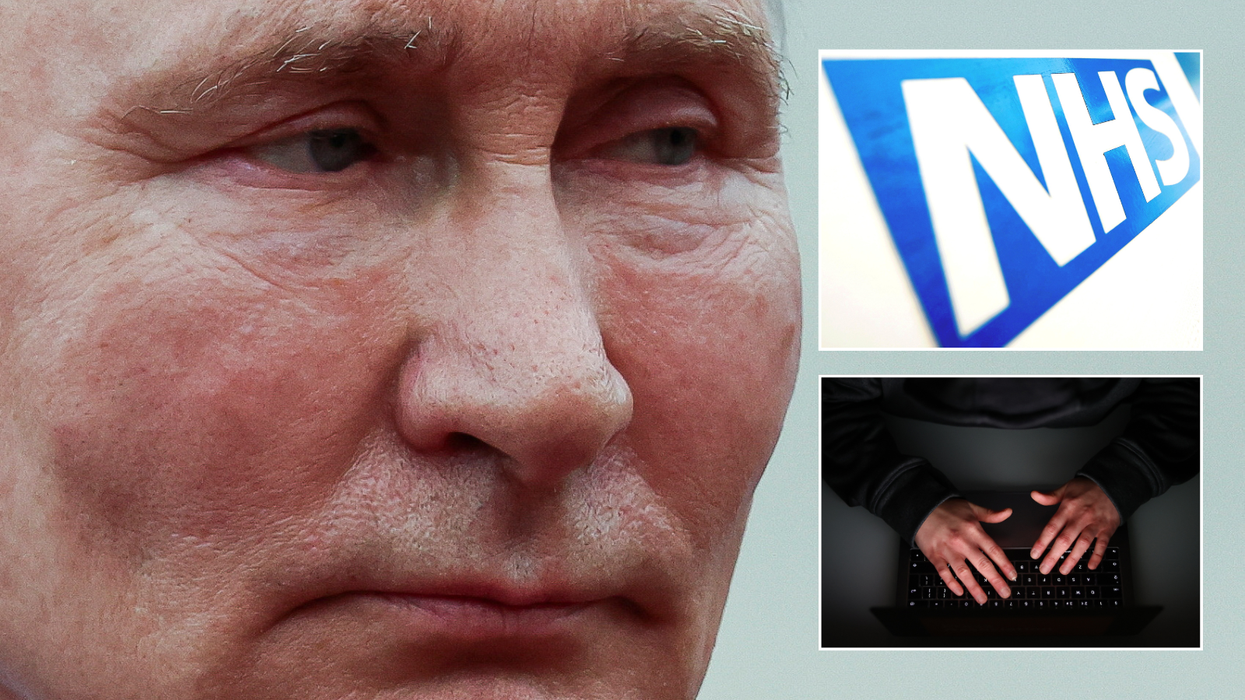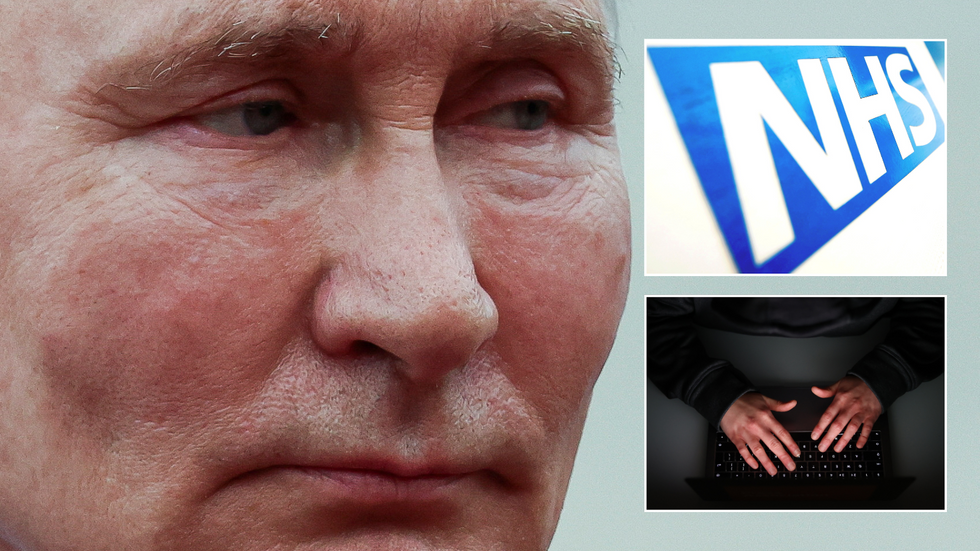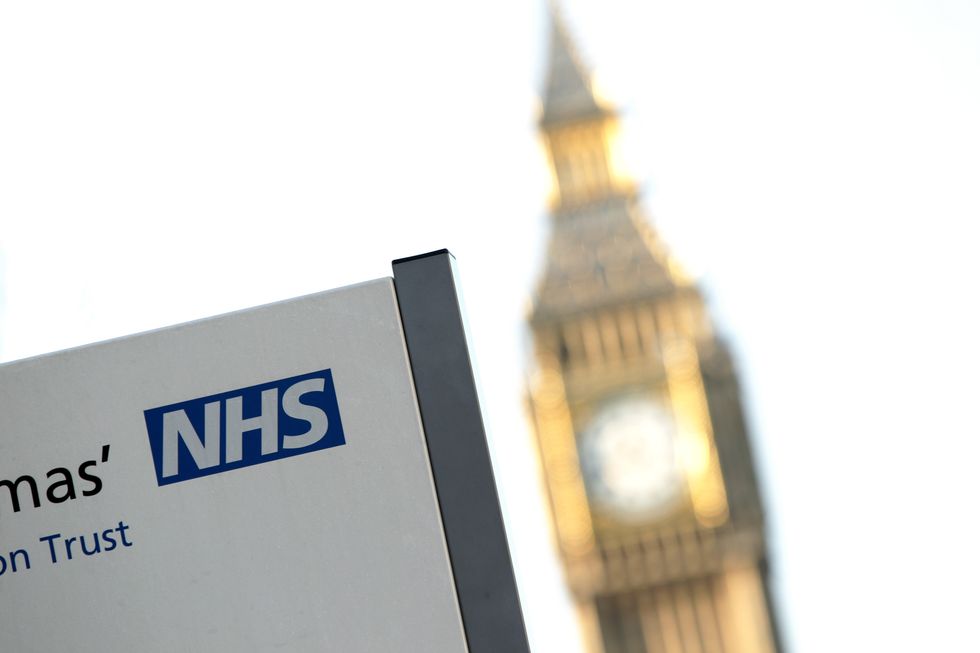Russian cyberattack on NHS sees sensitive data 'published online' as more than 1,000 operations cancelled

Fears have been raised that Qilin may give a cut of their profits to Russian entities to maintain their operations in the country | Reuters/PA

Russian hackers said their attack was justified as 'retaliation' for the British government's involvement in unspecified wars
Don't Miss
Most Read
Latest
Personal data from a large-scale cyber-attack which crippled NHS hospitals in London has allegedly been leaked online, NHS England has warned.
The data - which includes patient names, dates of birth, NHS numbers and descriptions of blood tests - was uploaded to the "dark web" by Russian hacking group Qilin after being stolen via cyber-attack from a NHS-partnered pathology firm on June 3.
The attack, which targeted facilities run by the Guy's and St Thomas' Trust and King's College Hospital in the capital meant Britons in need of vital treatment - in particular, blood transfusions - couldn't receive it.
And almost three weeks after the attack, hundreds of operations and appointments are still being cancelled.

Fears have been raised that Qilin may give a cut of their profits to Russian entities to maintain their operations in the country
|Reuters/PA
While urgent and emergency services have remained available as usual, 1,134 planned operations and 2,194 outpatient appointments have been postponed, according to NHS England London figures.
In a statement today, NHS England said: "NHS England has been made aware that the cyber criminal group published data last night which they are claiming belongs to Synnovis and was stolen as part of this attack."
The cyber criminal group shared almost 400GB of personal data on their "dark web" site and Telegram social media channel, according to the BBC.
Alongside the private data, spreadsheets containing financial arrangements between hospitals and GP services and Synnovis have also been published by the Qilin hackers.
MORE CYBER THREATS:

1,134 planned operations and 2,194 outpatient appointments have been postponed, according to NHS England London figures
|PA
NHS England said: "We understand that people may be concerned by this and we are continuing to work with Synnovis, the National Cyber Security Centre and other partners to determine the content of the published files as quickly as possible.
"This includes whether it is data extracted from the Synnovis system, and if so whether it relates to NHS patients."
While Synnovis said today: "We know how worrying this development may be for many people. We are taking it very seriously and an analysis of this data is already under way."
Shockingly, Bloomberg revealed that the hacking group had claimed its attack was justified as "retaliation" for the British government's involvement in unspecified wars.
But one mother of a three-year-old girl with kidney failure accused the group of "directly attacking and targeting babies, toddlers and amazing children," speaking to the BBC.
Kailyn Johnson, a cyber-security expert from security firm Sibylline, told GB News: "While the group is of Russian origin, it is unclear whether the group is aligned to the Russian government.
"It is unlikely that the group operates under direct order of the Russian government.
"However, there is a realistic possibility that Qilin may give a cut of their profits to Russian entities to maintain their operations amid Internet censorship and access rules in the country."










